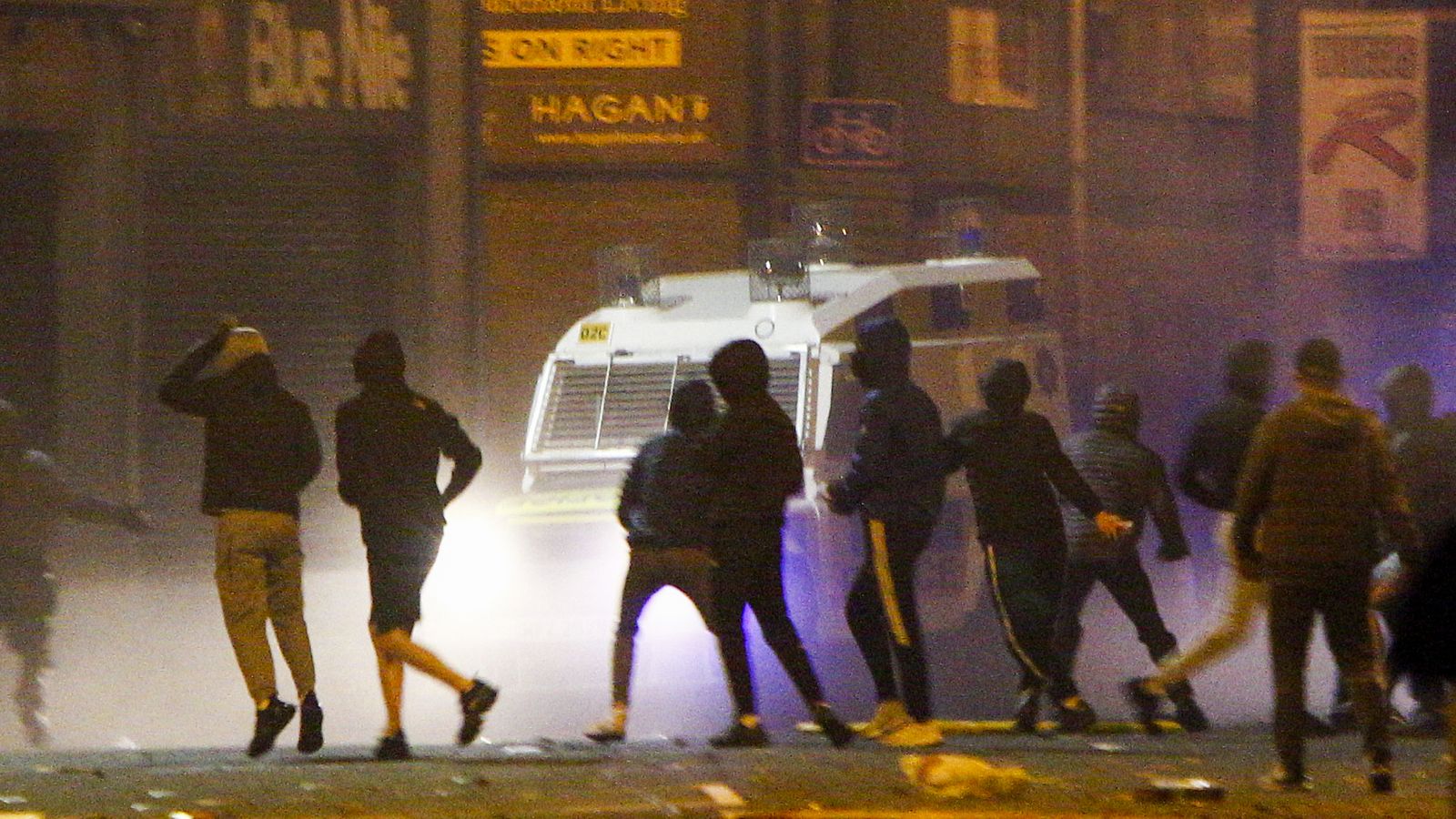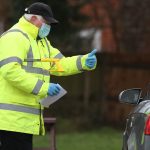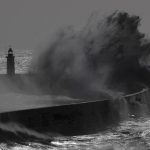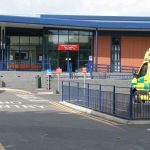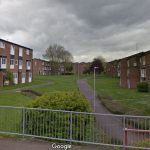Adults coercing children to take part in violent clashes in Northern Ireland could be committing child abuse, a child protection expert has suggested.
Children as young as 12 are said to have taken part in some of the riots during the past week, while three male teenagers, all aged 14, were arrested following unrest on Friday night.
And Northern Ireland’s Children’s Commissioner, Koulla Yiasouma, said the adults encouraging them to participate have to be stopped.
“This is criminal exploitation and coercion by adults of vulnerable and at-risk children and young people and these adults have to be held accountable and stopped” she told BBC Radio 4.
When asked if it amounted to abuse of children, she replied: “Child abuse is a very loaded term but I think it is within that safeguarding family of abuses children may suffer and experience.
“When it comes to safeguarding issues I would put it in that group, yes.”
She added: “Enough is enough when the first petrol bomb or stone is thrown.
“It’s criminal actors trying to take control and what we need is a calm narrative from our politicians.
“We need them to be seen, to be supporting our community workers on the ground.
“These young people are still there. They’re still living in our segregated community.
“It shows how fragile some of the communities are and that is in spite of the fantastic work people are doing and over 20 years of relative peace.”
Violence erupted on 29 March in a loyalist area of Londonderry and has rocked Northern Ireland ever since, in what police have described as the worst violence seen in the country in years.
There have been protests nearly every night with mainly young people throwing bricks, petrol bombs and fireworks at police officers.
Fifty-five police officers have been injured in the riots.
Ms Yiasouma called on the UK government not to dismiss the concerns of people living in Northern Ireland.
She added: “We are living a reality here.
“When you work on a protocol, when you decide on something like Brexit or any other policy that has an impact on Northern Ireland; understand what’s going on on the ground, talk to those communities, talk to those communities and young people, find out what it might mean.
“These are our children’s lives and futures and they’re far too important to be playing about with in politics.”
Analysis: Broken Brexit promises threaten to turn back the clock on Northern Ireland’s fragile peace
Earlier, former Irish president Mary McAleese said children in Northern Ireland are still “being taught to hate”.
Reflecting on recent violence, Belfast-born Ms McAleese said: “It’s very familiar territory. Regrettably, it arises because they’re in a vacuum, and there is undoubtedly a vacuum of the leadership.
“There is bound to be the consequences of Brexit, which, if we go back to Brexit, we realise how little consideration was given in the planning of Brexit and the referendum, of the impact that would have in Northern Ireland. There’s all of that.
“You’re also dealing with young people, regrettably, who are still being taught to hate and who are bringing that hatred and expressing it out on the streets.
“They are 13 and 14 years of age. What experience do they have of life?”
Meanwhile, Ulster Unionist Party leader Steve Aiken has called for a recommitment to the Belfast/Good Friday Agreement.
He said: “Given the events of recent weeks and months, violence on our streets and mayhem that we hoped had been consigned to the past, it is more important than ever to reflect on what was agreed 23 years ago.
“Our party made many difficult decisions to establish the framework for peace, but it was to build a stronger and better future for us all.
“Sadly, while much has been achieved, and in many ways our society has been transformed, much still needs to be done.”
